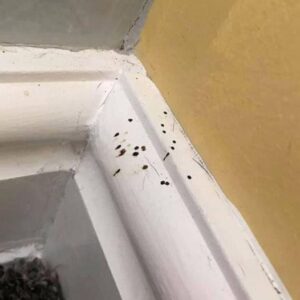Many people use eggs regularly at home, and while most discard the shells, they can actually be put to practical use.
Eggshells contain small amounts of minerals, especially calcium, which can be beneficial in gardens. Instead
of viewing them as waste, many gardeners incorporate them into everyday routines because they can support soil health or complement other natural methods used around the home.
In the garden, some people use crushed eggshells as a gentle way to help deter certain pests such as slugs or snails,
as the rough texture may discourage them from crossing treated areas. Others place sterilized, crushed eggshells
outside for wild birds as an occasional calcium supplement. Gardeners also sometimes add eggshells to the soil
near plants that benefit from long-term calcium enrichment, such as tomatoes or peppers, though this works gradually as the shells break down over time.
Eggshells can also be used to support overall soil balance. In areas where the soil is naturally acidic, crushed
shells may help reduce acidity gradually as they decompose, creating a more neutral environment for certain plants.
Because this process is slow, many people use eggshells alongside regular soil-care methods such as mulching or composting.
Adding shells to compost bins is a common approach as well, since they contribute to organic matter while reducing household waste.
By reusing eggshells, you can take a simple step toward more eco-friendly habits. Whether you use them for gardening,
composting, or supporting local bird populations, they offer a natural way to make the most of something that
would normally be thrown away. This small change can help enrich your outdoor space while encouraging more sustainable practices at home.





